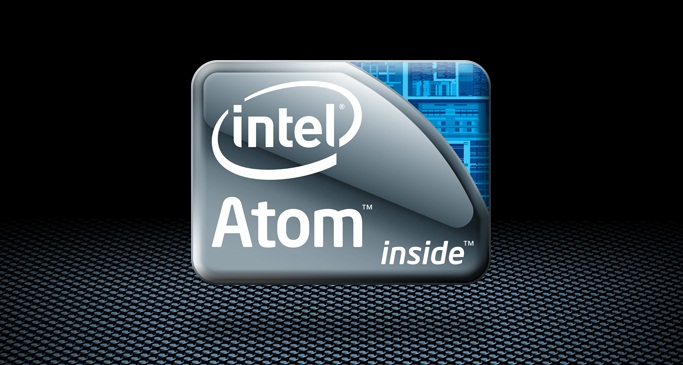Intel Avoton C2000 Microserver Chips Arrive For Data Centres

Intel makes available its low power ‘Avoton’ Atom C2000 chips for microservers and data centres
Intel continues to build out its range of new data centre products, with the arrival of its latest Atom processor for microservers and other systems.
The new chips are part of Intel’s efforts to evolve from a general-purpose chip maker to a supplier of infrastructure products for cloud-based environments.
Atom C2000
During an event 4 September in San Francisco, company officials officially announced the low-power Atom C2000 processor family, as well as introduced new silicon for Ethernet switching and demonstrated the chip maker’s first Rack Scale Architecture (RSA) design that included Intel’s Silicon Photonics technology and a new MXC connector and optical fibre.
 Intel has begun shipping the C2000 chips, according to officials.
Intel has begun shipping the C2000 chips, according to officials.
The new offerings and the demonstration play to the vision of the changing data centre that company executives talked about during another event in July, where such trends as greater mobility and cloud computing are creating environments where infrastructures are being asked to process massive numbers of small, lightweight workloads and to rapidly spin out new cloud services.
“The infrastructure must change in support of cloud-based services,” Diane Bryant, senior vice president and general manager of Intel’s Datacenter and Connected Systems Group, said during the event, which was Webcast.
The new infrastructure requirements mean that tech vendors like Intel must also adapt their offerings, creating more targeted products optimised for particular workloads – such as Web hosting, distributed memory caching, static Web serving and content delivery – and that are small, are highly energy-efficient and offer solid performance, Bryant said.
The Atom C2000 family – formerly code-named Avoton (for servers) and Rangeley (for networking systems) – is an example of this approach, she said. Intel in December 2012 released Centerton, the first Atom chip created for data centre products, particularly microservers, which are very small and energy-efficient systems designed to handle the newer cloud services-based workloads.
Nine months later, Intel is releasing the C2000 lineup, which includes 13 different models designed for disparate workloads – not only microservers, but also such devices as cold storage systems and entry-level networking products, which are new product markets for the chip maker. The 22-nanometer systems-on-a-chip (SoC) are the first built using Intel’s new “Silvermont” microarchitecture, and offer seven times the performance and six times the energy efficiency of the Centerton chips.
The C2000 portfolio will feature offerings with up to eight cores, integrated Ethernet connectivity and support for up to 64 gigabytes of memory, eight times more than the Centerton chips. They will consume between six and 20 watts.
ARM Competition
The microserver space, which is among the fastest-growing segments in the overall server market, looks to become increasingly competitive as ARM and its manufacturing partners look to move into the data center with their low-power designs. Chips based on ARM’s upcoming 64-bit ARMv8 should begin appearing next year, although some partners, including Calexda and Marvell Technology, already offer server chips based on ARM’s current 32-bit design. In addition, Applied Micro is working on a 28nm version of its X-Gene, a 64-bit ARM-based SoC.